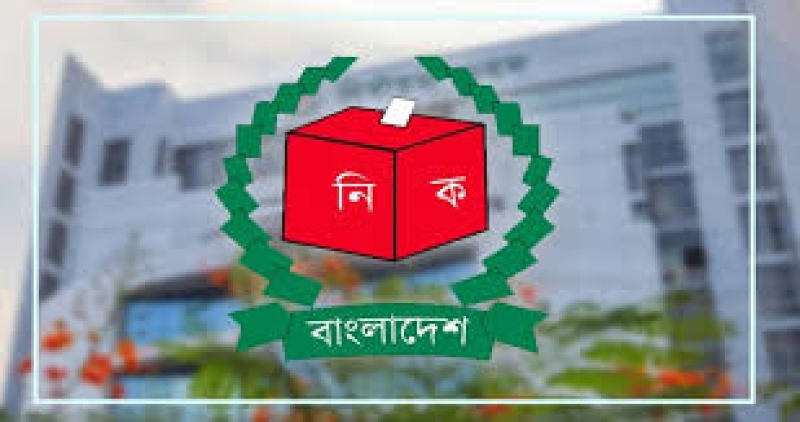- Khaleda now not fit for travelling: Medical Board |
- Panchagarh records lowest temperature 10.5°C so far this year |
- Christmas returns to Bethlehem after two years of Gaza war |
- কলাপাড়া মুক্ত দিবসে এবার সাড়া নেই কার |
- One killed, two injured in attack at Ctg meeting over marriage |
Tk 40cr Project Approved to Enable Expatriate Voting Abroad

The Ministry of Finance has approved a project worth around Tk40 crore to facilitate voting by Bangladeshi expatriates in the upcoming national election, marking a major step toward implementing long-awaited voting rights for citizens living abroad.
The approval came on 12 October, following a request from the Election Commission (EC) in September to fund the “Out of Country Voting (OCV) System Development and Implementation (SDI) Project.” Officials said the move followed the interim government’s decision to grant non-resident Bangladeshis (NRBs) the right to vote in the February 2026 election — a long-standing demand of the Bangladeshi diaspora.
Under the project, the EC will initially introduce the voting system on a pilot basis in Saudi Arabia, Malaysia, the United Arab Emirates, and the United Kingdom. In the first phase, voting booths will be established at Bangladesh embassies in those countries. Eligible expatriates will pre-register online and cast their ballots in person after verifying their passports and National ID cards.
Bangladesh has issued nearly 13 crore NID cards, though the EC currently lacks updated data on how many cardholders reside abroad. The new project aims to bridge this information gap while establishing a secure mechanism for expatriate voting.
For years, postal ballot voting has remained the only theoretical option for overseas Bangladeshis, but it proved ineffective due to logistical delays and procedural complications. The Election System Reform Commission has now recommended adopting technology-assisted postal voting and internet-based systems. The EC has also included the possibility of proxy voting in its ongoing discussions.
According to EC Secretary Akhtar Ahmed, NID registration services are now operational in 11 countries, with plans to expand to eight more before the election. A dedicated registration app for expatriates will be launched by late October or early November, allowing NRBs in cities like New York, Washington, Miami, and Los Angeles to complete their enrollment.
Technical teams will soon be dispatched to Oman, South Africa, the Maldives, and Jordan, while approvals have also been secured for similar operations in Bahrain, Singapore, France, and Spain.
Election Commissioner Abul Fazal Md Sanaullah, during an online meeting with the Bangladeshi High Commission in London and diaspora representatives, said the government would bear the cost of Tk700 per expatriate voter. “Although participation in postal voting worldwide is low, we are proceeding carefully, balancing feasibility with expectations,” he said.
Global data shows that registration rates for overseas postal voting average just 2.7%, with fewer than 30% of registered voters casting ballots. In India, for example, only 119,000 of over 4 crore expatriates registered to vote, and merely 2,900 voted in the last election.
Commissioner Sanaullah highlighted two key challenges for Bangladesh — ensuring ballot secrecy and timely vote returns. Voters will be asked to sign a declaration pledging not to disclose their votes, while logistical safeguards will be introduced to ensure ballots are returned on time.
He also noted that overseas votes could be invalidated if court-ordered changes to candidate lists occur after ballots have already been sent out.
The Election Commission is expected to announce the poll schedule in December, with the national election likely to be held in the first half of February, ahead of Ramadan.
Officials said the project reflects Bangladesh’s growing commitment to inclusive democracy by extending voting rights to millions of expatriates who contribute significantly to the nation’s economy through remittances.

